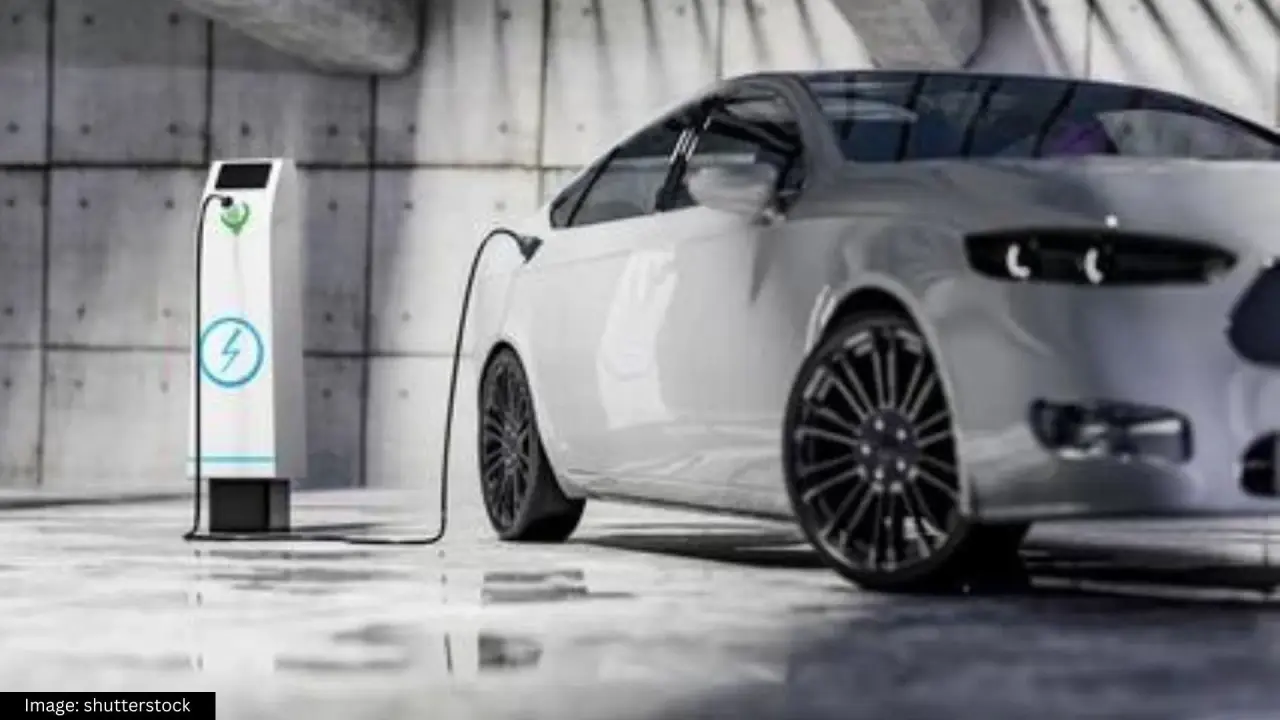Updated 30 April 2025 at 15:10 IST
Maharashtra Cabinet Greenlights Rs 11,373-Crore Plan To Speed Up EV Adoption
Under the revised policy, buyers of E2Ws, E3Ws and E4Ws, state-run buses, and even electric tractors are eligible for subsidies.
- Republic Business
- 2 min read

In a major step towards fostering sustainable mobility, the Maharashtra Cabinet has approved a comprehensive Electric Vehicle (EV) Policy worth Rs 11,373 crore, aimed at encouraging EV adoption, strengthening local manufacturing, and expanding charging infrastructure across the state.
The policy, effective until March 31, 2030, sets a clear roadmap to transition towards cleaner mobility, with a long-term goal of achieving net-zero emissions in the transport sector.
Subsidies across segments
Under the revised policy, buyers of electric two-wheelers, three-wheelers, four-wheelers (private and commercial), state-run buses, and even electric tractors are eligible for subsidies. Specifically, the government will offer up to 10% subsidy on the ex-showroom price for most EVs, while goods carriers and tractors qualify for up to 15%.
Advertisement
Toll exemptions and free waiver
To further incentivize EV ownership, the West Indian state will waive off toll charges for electric four-wheelers and buses on key routes, including the Mumbai–Pune Expressway, Samruddhi Mahamarg, and Atal Setu. On other national and state highways, EVs will enjoy a 50% toll discount. Additionally, all EVs will be exempt from registration fees, making them more financially accessible to consumers.
Statewide Charging networks
A major thrust of the policy focuses on building a robust charging network. Charging stations will be installed at 25-kilometre intervals along national and state highways, and existing fuel stations will be encouraged to host EV chargers in partnership with oil marketing companies. This move is expected to significantly improve the convenience and feasibility of long-distance EV travel.
Advertisement
The new policy replaces the 2021 framework and comes at a time when both central and state governments are ramping up efforts to support India’s clean energy goals.
Published By : Avishek Banerjee
Published On: 30 April 2025 at 15:09 IST
